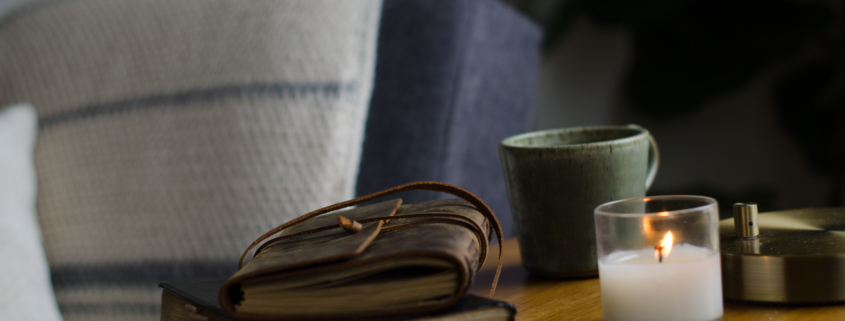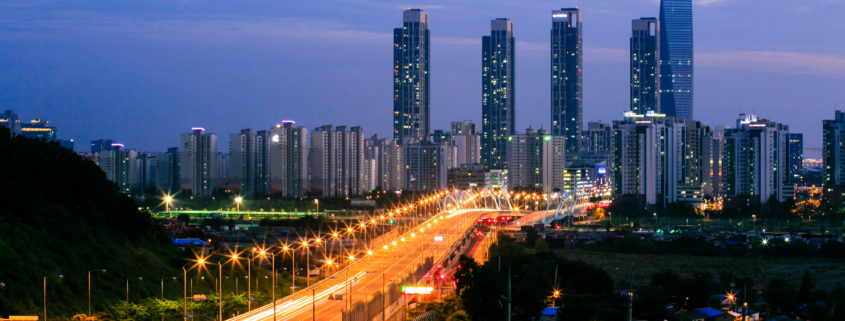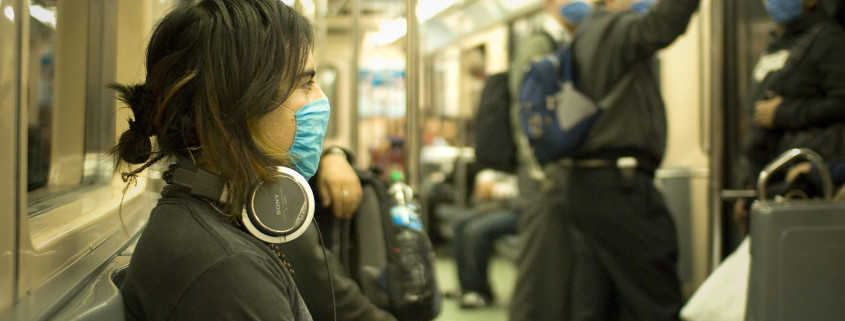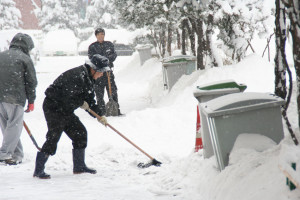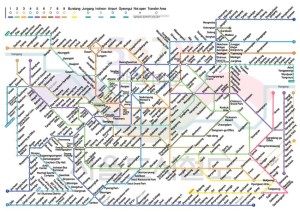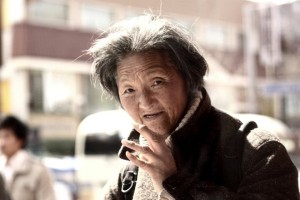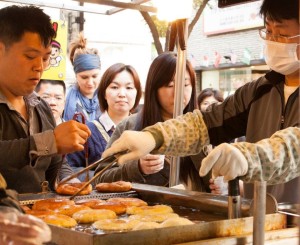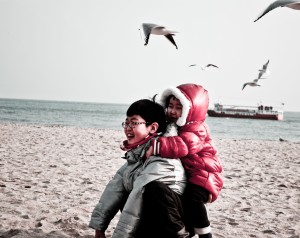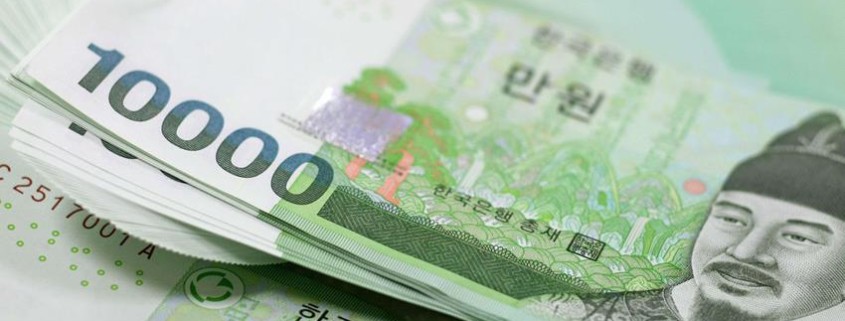A Retreat that comes to YOU! 8 Reasons why you should sign up!
This is an invitation for you to experience an online retreat that comes to you right where you are. Over 1,500 women will be retreating in 110 countries across the world, and you can be one of them.
What exactly is an online retreat? Get an inside peak in the video at the end of this post. But first, how do you know if this is for you?
This retreat is for you if….
1. You’ve been going and going, and you’re tired.
You’re an adventurous person. Resting and self-care are not your strengths. You know you need to make time for that stuff. You feel like there’s just not time.
2. Netflix isn’t cutting it.
Resting for you often looks like a marathon Netflix binge. But you want something that actually leaves you feeling rested and renewed.
3. You’ve got some deep emotions going on under the busyness of your life.
You don’t have the space in your life to process those emotions. Even if you did make space for that, you’re not sure what you would do to process those emotions. You need a guide.
4. You’re a spiritual person.
You long for the time and space to connect to the practices of prayer, meditation, and Scripture. You want a guide to help you go deeper.
5. You want renewal for your soul and body.
You want something that engages your whole self, the spiritual, emotional, mental, and physical.
6. You want to find renewal in a foreign place.
You’ve moved overseas, and all your go-to’s for refreshment are not what they were in your home country. Your relationships, comforts and routines are so different now. You don’t know how to find new means for renewal where you are.
7. You need inspiring stories and connections with people living abroad.
You’re either considering or currently living life aboard, and you want to see the real, authentic lives of other people living this kind of life.
8. You want something that fits your schedule and your budget.
It’s got to involve little to no prep work, be easily accessible, and it can’t be expensive. But you do want it to be beautiful and high quality.
If any of these are true for you, then this retreat is for you. Join women across the world as we retreat in hotel rooms, Air Bnb’s, tree houses, haciendas, high rises, and our own bedrooms.

What are women saying about the Velvet Ashes Online Retreat?
- “I consider this an essential part of my refueling each year.”
- “I didn’t even know an (online) retreat was what I needed. But it was. You know that feeling when your lips are dry & cracked and you finally put some lip balm on them? Aaahhhhh…. It was like that but for body, heart, and soul.”
Get a sneak peak of the retreat:
https://vimeo.com/319961466
The retreat opens SOON. So check out all the details and grab your spot today.
You’ll be pleasantly surprised at how much it costs.

